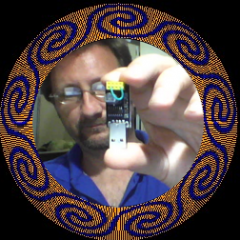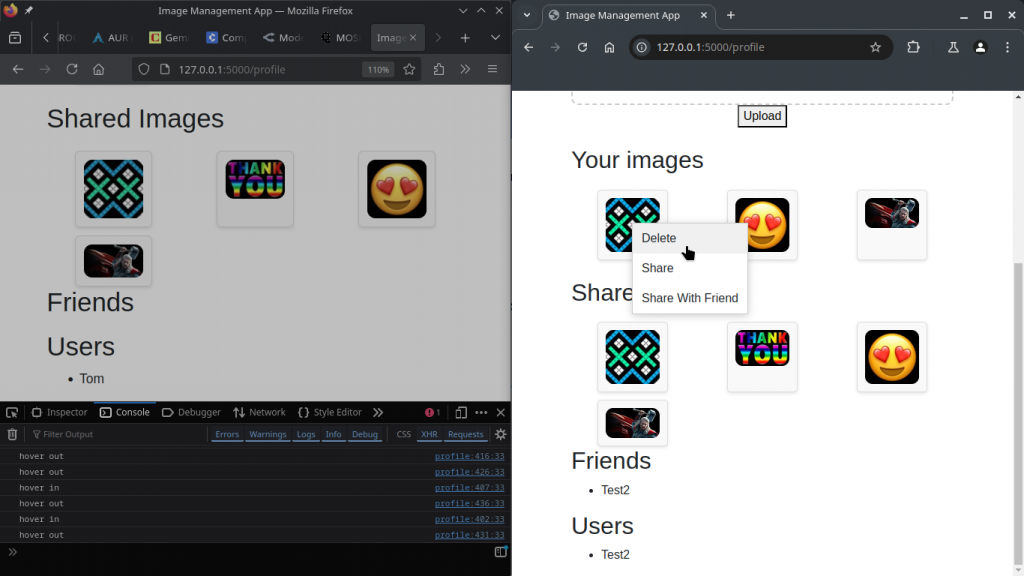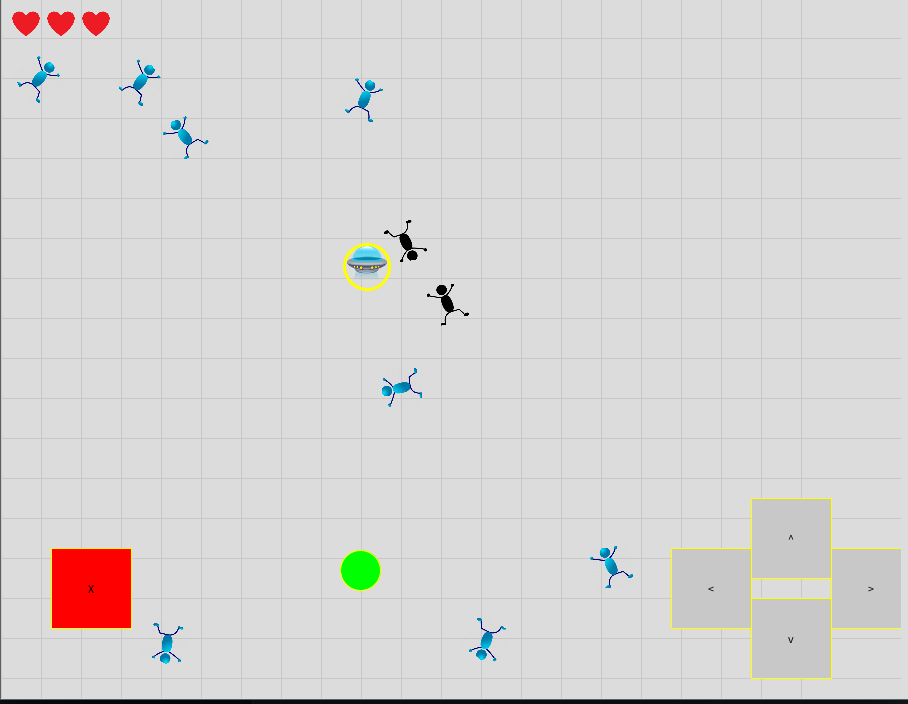I made a Flask app from scratch using Aider – the AI coding assistant – and FREE LLM’s.

This is for the SmartPoi Arduino Firmware project – POV Poi, now easier than ever to use, just add your details in and download the custom Arduino sketch.
If you don’t have a big budget to pay for ChatGPT or Claude access it turns out AI coding for free is surprisingly effective. I generate a Flask app from scratch – all the way to deployment – using only free models. I also briefly compare some of the best free ones.
YouTube video of the Aider developent process:
Some notes:
- The free LLM’s are rate limited, on OpenRouter at least – so they take longer to load, and do make mistakes sometimes.
- Claude 3.5 Sonnet is apparently the best?
- Thinking of trying Aider for yourself? Check out IndyDevDan on YouTube first: https://www.youtube.com/watch?v=QlUt06XLbJE – here he explains the “advanced AI workflow” nicely.
- Thanks to my new Patreon supporter Flavio I will be trying the paid version on the SmartPoi and MagicPoi code bases very soon
Links:
Support me on Patreon: https://www.patreon.com/CircusScientist
Aider open source code assistant: https://aider.chat/
OpenRouter – link your LLM’s: https://openrouter.ai/
SmartPoi project info: smart poi project page
SmartPoi Downloader app: https://smartpoifirmware.circusscientist.com
SmartPoi Downloader code (with LLM comparison): https://github.com/tomjuggler/SmartPoi-Downloader
Note: While recording I forgot the name of the best paid LLM for coding: Anthropic’s Claude 3.5 as of record date. Join my patreon to help pay for my AI addiction and subscribe to the channel for more video’s!
UPDATE:
I am getting the best results lately from aider –model gemini/gemini-1.5-pro-exp-0827 – currently free with sign-up to google.


